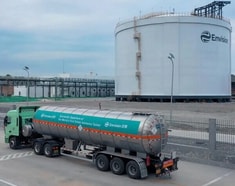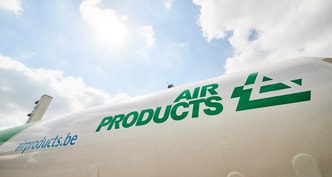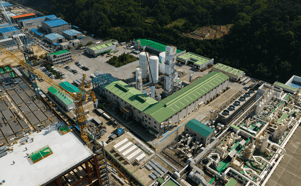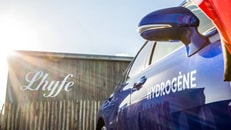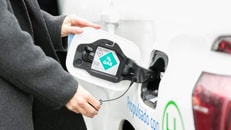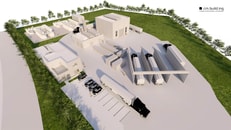KfW approves €24bn loan for Germany hydrogen network
KfW Development Bank has approved a €24bn loan to support the construction of Germany’s national hydrogen core network.
The ambitious 9,040km link, which aims to be completed by 2032, will see existing natural gas pipelines repurposed and new hydrogen pipelines built.
Integrating potential hydrogen production sites and connecting key industrial centres will enable the industrial use of hydrogen as a climate-neutral energy source.
Stefan Wintels, CEO of KfW, said the construction of the network is a pioneering project and crucial for the ramp-up of hydrogen. The Federal Network Agency approved the core network of pipelines last month.
... to continue reading you must be subscribed






